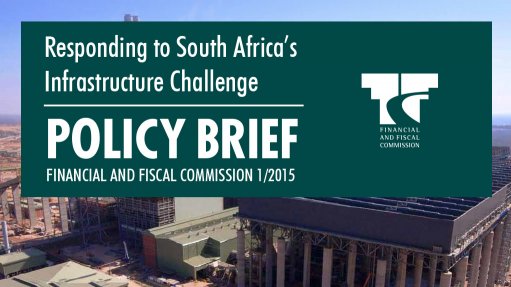
Meeting the government’s social and economic goals requires faster economic growth, which is affected by long-standing structural weaknesses in the economy. The cornerstone of the government’s economic policy is the significant ramping up of public capital expenditure, and much is riding on state infrastructure spending being the solution.
However, the country faces many challenges associated with public infrastructure management, including: the complex requirements of large infrastructure projects funded over many years, weak intergovernmental coordination processes, weak management and accountability systems (that create the conditions for corruption), and a lack of capacity at subnational level.
Public investment efficiency needs to be maximised, through better economic growth and investment spending. Public infrastructure investment through debt was found to have a strong effect on economic growth, but ultimately accelerated economic growth is needed in order to bridge the capital finance gap.
To create conditions for the future prosperity of all South Africans from infrastructure-led growth, the Financial and Fiscal Commission recommends developing and fully funding the National Infrastructure Plan, redesigning capital conditional grants (to allow for payment e.g. of feasibility and pre-procurement studies and for more support to provinces and municipalities), aggressively raising public debt to help finance deserving and rigorously appraised infrastructure plans, encouraging the user-pays principle, and integrating infrastructure procurement planning, contract award and management with other elements of infrastructure management to raise efficiency.
Report by the Financial and Fiscal Commission